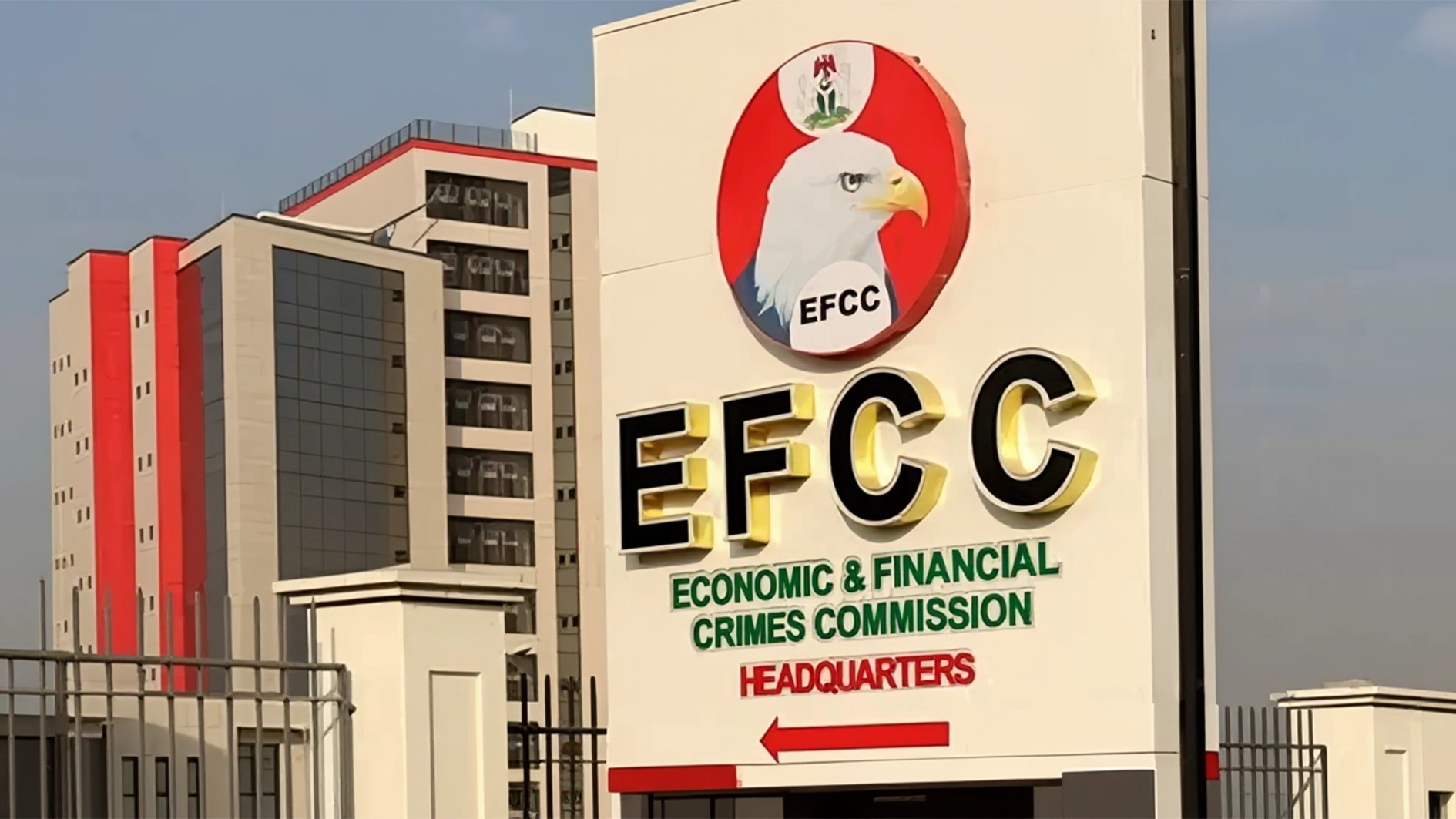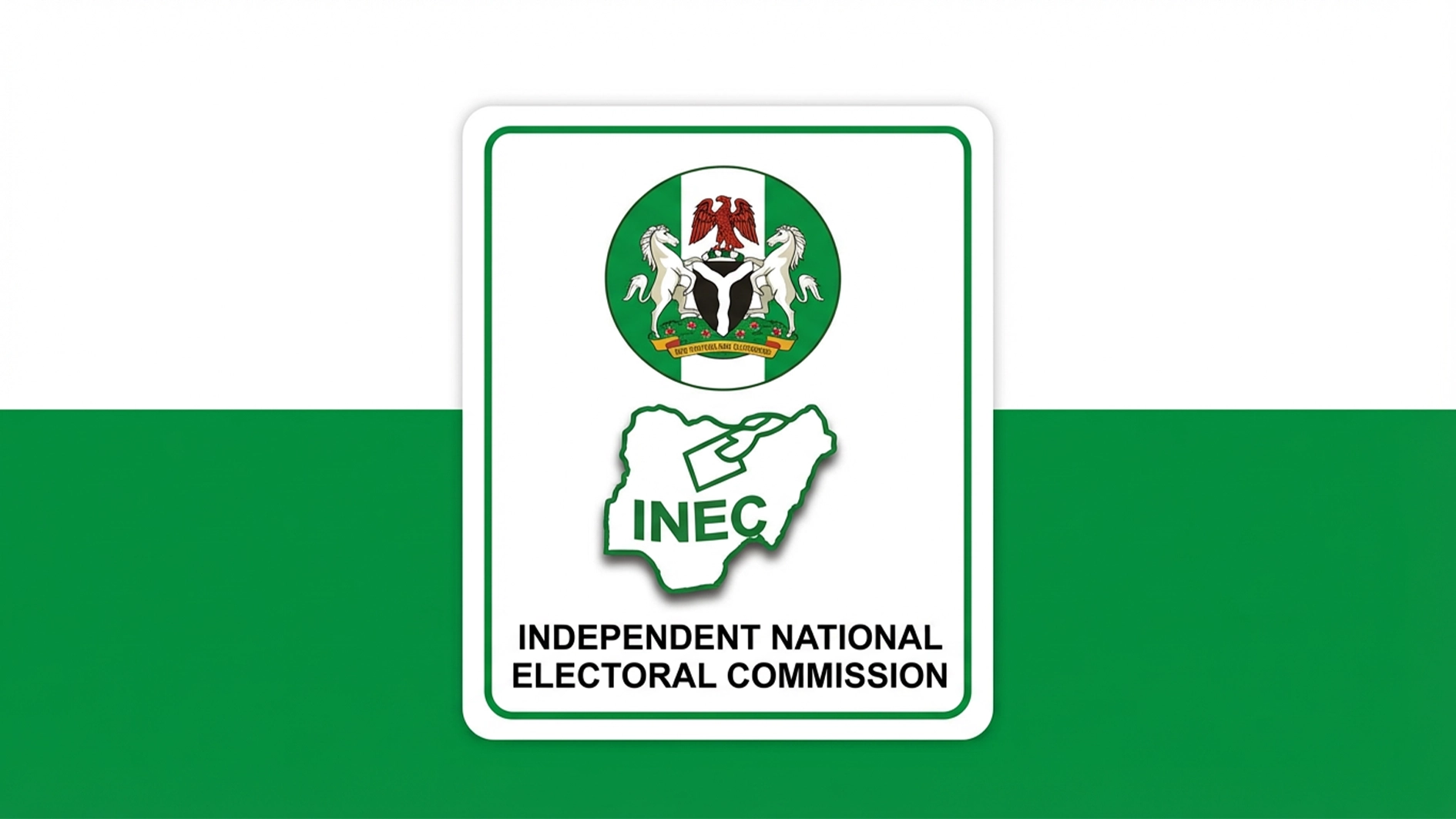• Capital market under significant strain, research warns
• Scale down in farming activities raises fear over food security
• Muda: Mere threat by a superpower has huge reputational consequences
Nigeria’s fragile path to economic recovery is being dangerously undermined by a worsening security crisis that is eroding investor confidence, crippling productive sectors and accelerating capital flight.
Rather than building on the modest recovery of the past two years and consolidating the post-reform growth seen recently, the country is sinking deeper into uncertainty as violent attacks, abductions and insurgent activities spread across, especially agricultural zones, sending unintended warnings to the global market that Nigeria remains a high-risk market.
The consequences are already stark. Investors — foreign and domestic — are retreating, long-term capital inflows are drying up, and businesses are scaling down operations or reviewing expansion plans. Critical industries, from farming to manufacturing and logistics, are being disrupted by insecurity, driving up costs, shrinking output and worsening unemployment.
In an economy desperate for investment-led growth, the continued capital flight signals not just caution, but outright loss of faith in the country’s ability to guarantee safety and stability.
What makes the situation more alarming is the absence of a decisive response capable of reversing the trend. While officials talk about reforms and recovery, markets are responding negatively to the reality on the ground, even as violence outpaces policy and economic strategy.
Without urgent, forceful action to restore security, Nigeria risks watching its recovery ambitions collapse under the weight of fear, instability and dwindling investor trust, economists have warned.
The government assured it is on top of the situation. But daily, the worst appears to be ahead. This is worsened by media profiling with images of panic actions, such as school closure, taking over the digital space.
Already, the previously improving key financial indicators are painting a grim picture.
For instance, total transactions on the Nigerian Exchange (NGX) plunged by 36.31 per cent in October alone, dropping from N1.621 trillion to N1.033 trillion. Foreign participation suffered an even sharper collapse, falling by 51.85 per cent to N186.6 billion.
Even the resilient institutional investment shrank by 46.17 per cent, signalling that even long-horizon investors are unwilling to bet on a volatile environment.
While the unusually large block trades that elevated September’s numbers did not reappear in October, the broad decline across trading categories signals a deeper retreat in risk appetite rather than a mere absence of outlier transactions.
The value is also collapsing. Since President Donald Trump labelled Nigeria a Country of Particular Concern (CPC), listed equities have lost N6.4 trillion, the steepest fall in recent years. In a single trading session recently, the market witnessed a daily loss not experienced since the COVID-19 dumping.
Ahead of the current shock, Foreign Direct Investment (FDI) cratered by more than 70 per cent — from $421.88 million in the last quarter of 2024 to just $126.29 million in the first quarter of 2025 — starving the economy of the long-term capital needed for infrastructure, industrial concerns and job creation.
With insecurity also disrupting farmlands and transport routes, food supply pressure has persisted despite inflation easing to 16.05 per cent in October, raising fears that any broader economic rebound could stall before it begins.
The worsening insecurity, which has begun to exert a profound influence on Nigeria’s financial sector, accelerating capital flight and weakening the flow of long-term investment into the country, is increasingly unsettling investors.
The growing perception of risk, driven by violence in key Northern states, is increasingly shaping decisions in both domestic and international investment circles.
In October, President Trump classified Nigeria as CPC with a threat of military action against the terrorists should the killing of Christians continue in the country.
The singular threat has provoked different reactions both from the government and the terrorists, who seem to be daring the U.S. government to make good on its threat.In the last one week, there have been a series of abductions of school children and worshippers as well as killings in some parts of the country.
Analysts have warned that unless the security crisis is decisively addressed, Nigeria may face a prolonged period of subdued investment, weakened productive capacity and a deeper erosion of confidence that could delay economic recovery far beyond the current reporting cycles.
Investigations revealed that while some domestic and foreign investors are withdrawing their investment, others are postponing capital allocation, leading to diminished liquidity and declining participation in the market.
Unless security conditions improve decisively, Nigeria risks prolonging the cycle of capital flight, subdued investment and slowed economic recovery, leaving the country vulnerable to further erosion of market confidence and economic potential.
A sustained pullback could dry up liquidity in the FX market and trigger another bout of naira pressure. The naira has gained significantly year to date, but the market has remained undecided in the past two weeks, with the naira losing moderately last week.
Investors who once considered Nigeria a high-growth frontier market are increasingly adopting cautious strategies, opting for safer, short-term instruments rather than long-term commitments.
Even though headline inflation has eased modestly, with October 2025 figures dropping to 16.05 per cent from 18.02 per cent in the previous month, the improvement is insufficient to counterbalance the deterrent effects of insecurity, experts have said.
Violence in farming communities continues to reduce access to arable land and disrupt food supply chains, threatening Nigeria’s prospect of food sufficiency. Farmers have warned that next year could be precarious as they continue to cut down on activities.
Industrial output faces similar constraints, with manufacturers confronting higher logistics costs, production delays and shrinking margins due to the volatility of transport routes.
Analysts at Cowry Research warned that Nigeria’s persistent insecurity is severely undermining investor confidence and putting the country’s financial markets at risk.
They said the heavy reliance on short-term portfolio flows makes the capital base fragile and highly sensitive to shifts in global risk sentiment, geopolitical developments or changes in macroeconomic credibility.
According to them, insecurity has continued to compound vulnerability, discourage long-term investment and limit domestic confidence, leaving capital inflows largely speculative and transient.
The research said that without meaningful improvement in security and structural reforms to attract patient, long-term investors, Nigeria risks continued market volatility, subdued foreign investment and slowed economic recovery.
President of NewDimension Shareholders Association of Nigeria, Patric Ajudua, warned that Nigeria’s escalating insecurity was undermining investor confidence and putting the country’s capital markets under significant strain.
According to him, much of the recent decline in market activity was driven by investor fear over security risks, which acts as a clear signal of negative sentiment toward investment.
He noted that in an environment where both physical safety and investment security are uncertain, investors are naturally cautious, limiting their exposure to equities and long-term projects.
The combined effect of the security concerns, alongside policy measures such as capital gains tax, has also contributed to the slowdown in FDI, further weakening market participation.
“The consequences of this apprehension are evident in the performance of the Nigerian Exchange, which has now experienced a fourth consecutive decline. The All Share Index has dropped by 145,000 basis points, while market capitalisation has contracted to N91.415 trillion.
“These declines reflect not only short-term reductions in trading activity but also a deeper erosion of confidence that threatens the flow of long-term investment essential for sustaining economic growth,” Ajudua said.
The Chief Executive Officer of the Centre for the Promotion of Private Enterprise (CPPE), Dr Muda Yusuf, warned that the mere threat of military action by a global superpower had inflicted significant reputational damage on Nigeria’s image as a safe and viable investment destination.
According to him, this could trigger declines in FDI inflows, capital flight from portfolio and equity investors, a decline in venture capital and startup funding, heightened country risk ratings and investor anxiety.
He said market volatility would likely intensify as investors reassess Nigeria’s risk profile with likely consequences of falling stock market valuations, rising country risk premiums and insurance costs, among others.
Prof. Jonathan Aremu, an economist, warned that investors would continue to be scared of volatile environments.
“If you check in the last few years, capital inflows into the country have come mainly from foreign portfolio investors (FPI), not foreign direct investors (FDI), which is what we really need.
“I will not be surprised if the few foreign investors we have relocate to neighbouring West African countries, produce their goods and export to us.”
While describing the current situation as unfortunate, he said the government needed to take decisive action against the insurgents, knowing the implications of their actions on the national economy.
According to Prof. Godwin Oyedokun of Nasarawa State University, it is unfortunate that security has taken the backseat in the country at this time.
He recalled that the high food inflation Nigeria suffered for many years was a result of the activities of the insurgents who chased farmers out of their farms.
“I expect the government to take actions that will keep the bandits away, even if it means asking for external assistance,” he said.






